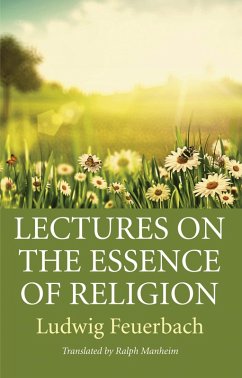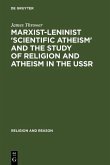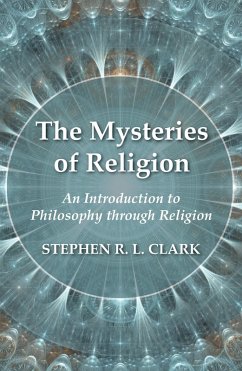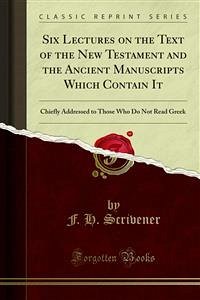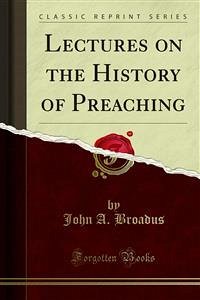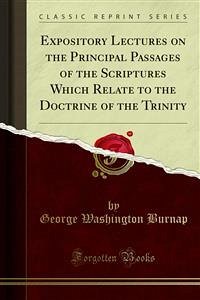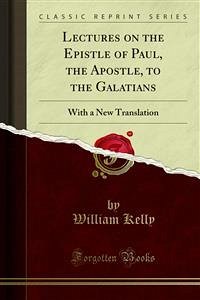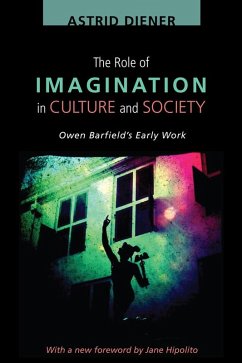This book, translated for the first time into English, presents the major statement of the philosophy of Ludwig Feuerbach. Here, in his most systematic work, Feuerbach's thought on religion and on the philosophy of nature achieves its full maturity. Central to the thought of Feuerbach is the concept that man not God is the creator, that divinities are representations of man's innermost feelings and ideas. Philosophy should turn from theology and speculative rationalism to sound factual anthropology. "My aim in these Lectures," writes Feuerbach, "is to transform friends of God into friends of man, believers into thinkers, worshippers into workers, candidates for the other world into students of this world, Christians, who on their own confession are half-animal and half-angel, into men--whole men."
Dieser Download kann aus rechtlichen Gründen nur mit Rechnungsadresse in A, D ausgeliefert werden.

